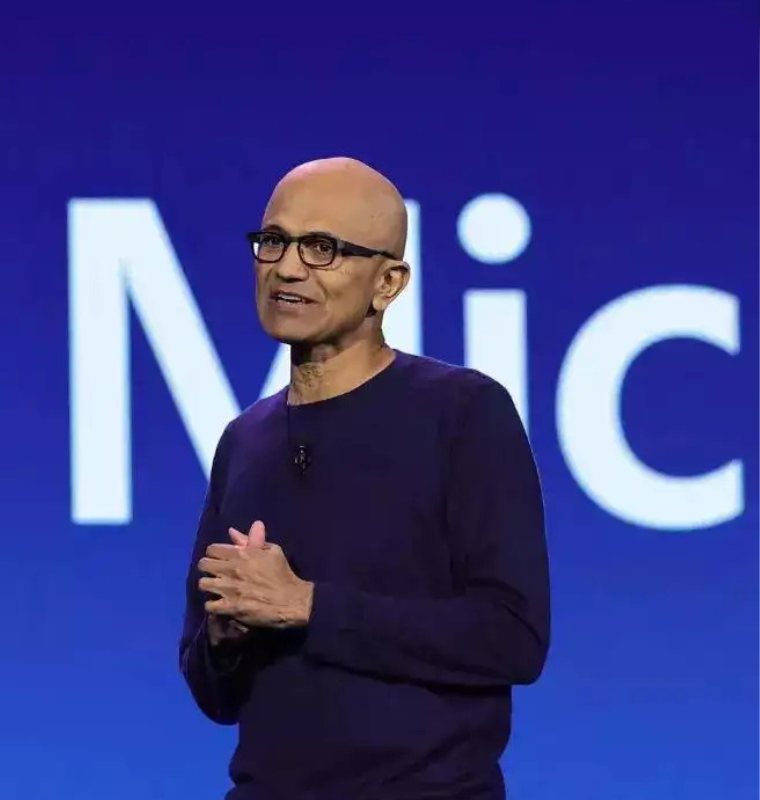Trump Pushes for Higher Tariffs as CEOs Warn of Recession-Like Conditions
Trump Pushes for Higher Tariffs as CEOs Warn of Recession-Like Conditions
By
Leah Rosenfeld
Last updated:
April 8, 2025
First Published:
April 11, 2025

Source: Yahoo News
As the Trump administration intensifies its push for “reciprocal tariffs,” major voices from Wall Street and corporate America are sounding alarms over potential economic fallout. Instead of maintaining traditional 0% import tariffs, the former president is now advocating for broad tariff hikes across numerous countries, particularly targeting Vietnam, China, and Mexico, sparking fears of higher inflation, stalled growth, and deteriorating international trust.
Recession Fears Rise as Corporate Giants Speak Out
In his latest annual shareholder letter, JPMorgan Chase CEO Jamie Dimon didn't hold back, stating that the U.S. economy is already showing signs of serious strain.
“Most CEOs I talk to would say we are probably in a recession right now,” Dimon said bluntly. “Tariffs will only make things worse, likely resulting in inflationary outcomes and slowing down growth in an already weakening economy.”
Dimon, who oversees the largest U.S. bank with over $4.1 trillion in assets, warned that while there may be some long-term justifications for tariffs, the immediate consequences could be dire for American consumers and businesses alike.
Adding to the backlash, Home Depot co-founder Ken Langone, a long-time Republican megadonor, labeled the 46% import duties on Vietnamese goods as “bulls---,” expressing frustration over policies he believes will punish consumers more than foreign governments.
Wall Street Reacts: Gundlach Advises Holding Cash
Market anxiety is not just theoretical. DoubleLine Capital CEO Jeffrey Gundlach, often dubbed the “Bond King,” voiced his unease on CNBC’s Closing Bell.
“I’m concerned about the market’s inability to bounce,” Gundlach said. “We haven’t seen a real bottom yet.”
He recommends staying in cash or cash-equivalents until the S&P 500 reaches a “sustained bottom”—a level he believes could be significantly lower than current valuations.
So far in April, the S&P 500 has dropped over 6%, with tech-heavy NASDAQ down nearly 8%, and investors fleeing equities amid uncertainty. The VIX (Volatility Index) surged to 28, highlighting the growing risk aversion in the market.
Global Allies Losing Faith: Defense Stocks Outside U.S. Surge
Ironically, while U.S. markets reel from Trump’s tariff-driven policy shifts, defense stocks in Europe and Asia are booming. Arms manufacturers like BAE Systems (UK) and Rheinmetall (Germany) have posted year-to-date gains exceeding 100%, with many countries ramping up military budgets.
“This rally is a geopolitical signal,” said David Roche, veteran strategist at Quantum Strategy. “Countries no longer fully trust the U.S. as a stable ally and are responding by investing heavily in their own defense.”
- In Germany, lawmakers passed a historic debt reform, unlocking €100 billion ($108 billion) for defense expansion.
- UK Prime Minister Keir Starmer has committed to increasing Britain’s defense spending beyond 2.5% of GDP.
- South Korea and Japan have also pledged new military budgets, citing uncertainty in U.S. alliances.
These developments suggest that Trump’s aggressive foreign and trade policy is not only impacting the U.S. economy but also reshaping global defense dynamics.
Economic Impact of Tariffs: Numbers Tell the Story
The Council on Foreign Relations estimates that if Trump’s full tariff plan is implemented, it could:
- Add 0.5%–1.2% to inflation in 12 months
- Cost American households $1,200 to $1,800 more per year in goods and services
- Reduce GDP growth by 0.7% to 1.5% by the end of 2025
The U.S. Chamber of Commerce also warned that retaliatory tariffs could jeopardize millions of jobs tied to global supply chains.
The World is Watching, and Acting
The Trump administration’s insistence on dismantling long-standing 0% tariff frameworks and replacing them with aggressive trade barriers is generating significant turbulence—not just in U.S. markets, but across the global political landscape.
With CEOs warning of a possible recession, markets retreating, and allies arming up, the message is clear: America’s pivot toward economic nationalism is triggering ripple effects that extend far beyond tariffs.
The question now isn’t just whether higher tariffs will work—but whether the U.S. can afford the price of isolation in a world that’s rapidly adapting without it
Popular articles
Subscribe to unlock premium content
Inside the Hidden Empire Profiting from America's Most Vulnerable

The Future of Warfare: How Artificial Intelligence is Quietly Rewriting Military Power

The Future of Saudi Arabia: Building a Trillion-Dollar Vision in the Desert
.png)
Inside the Hidden Empire Profiting from America's Most Vulnerable

The Future of Warfare: How Artificial Intelligence is Quietly Rewriting Military Power

Inside the Hidden Empire Profiting from America's Most Vulnerable









